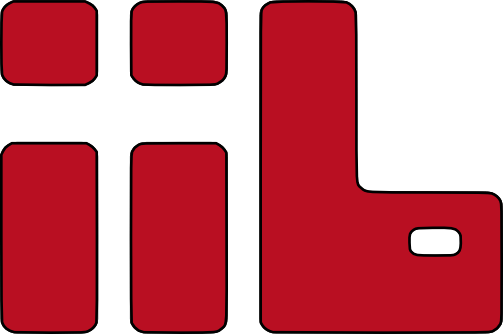Cooperative workshop at TU Graz with participation of the iib
Workshop for architecture students finished
2022/05/16 by Pascal Mosler
As part of the teaching and research cooperation between the Institute of Urban Design at TU Graz and the Institute for Numerical Methods and Informatics in Civil Engineering at TU Darmstadt (iib), a workshop for architecture students was held in Graz.
For the first time since the cooperation between the two institutes began in 2019, a joint attendance workshop was held at TU Graz. The iib was represented by the scientific research assistants Maximilian Gehring and Pascal Mosler, who taught the Graz architecture students around Prof. Dr. Wolfgang Dokonal software and programming skills. This enabled the students to experience their designed building models and urban planning models in virtual reality with the help of the game engine Unity. With the support from Darmstadt, the students enhanced their models with interaction options, which represents a great added value in design planning and visualisation.
In order to meet the self-imposed requirement of a low-cost solution for virtual reality, inexpensive cardboards were used, which allows immersion in virtual reality with any conventional smartphone. The cardboard solution was completed by a self-developed interaction hardware of the iib, which is based on a microcontroller and sensors and represents a handy and inexpensive alternative to conventional interaction hardware.
The workshop in Graz was preceded by an online workshop in which the scientific research assistants Maximilian Gehring and Pascal Mosler as well as students from the iib trained the Graz students in the use of the software. In addition, they taught the architecture students basic programming skills that they needed for the joint workshop and the accompanying preparation of their designs.
In addition, regular conference contributions emphasise the research relevance of the cooperation. This year, too, a joint contribution by the iib and the Institute of Urban Design was submitted and accepted for the eCAADe conference (Education and research in Computer Aided Architectural Design in Europe) in Ghent/Belgium.





